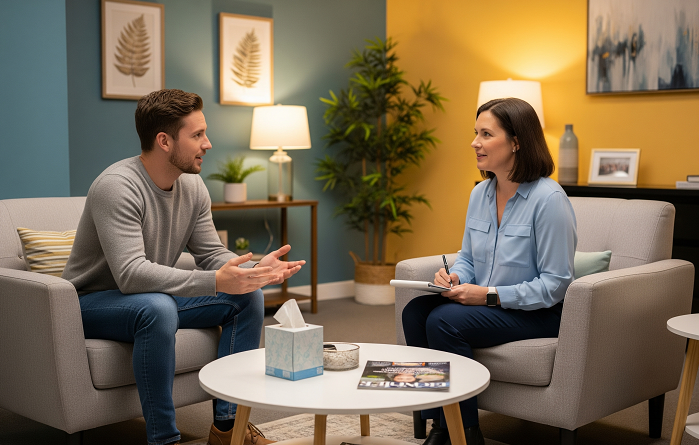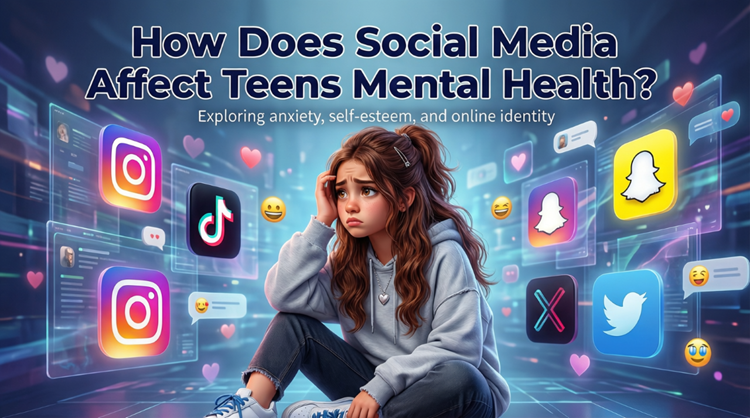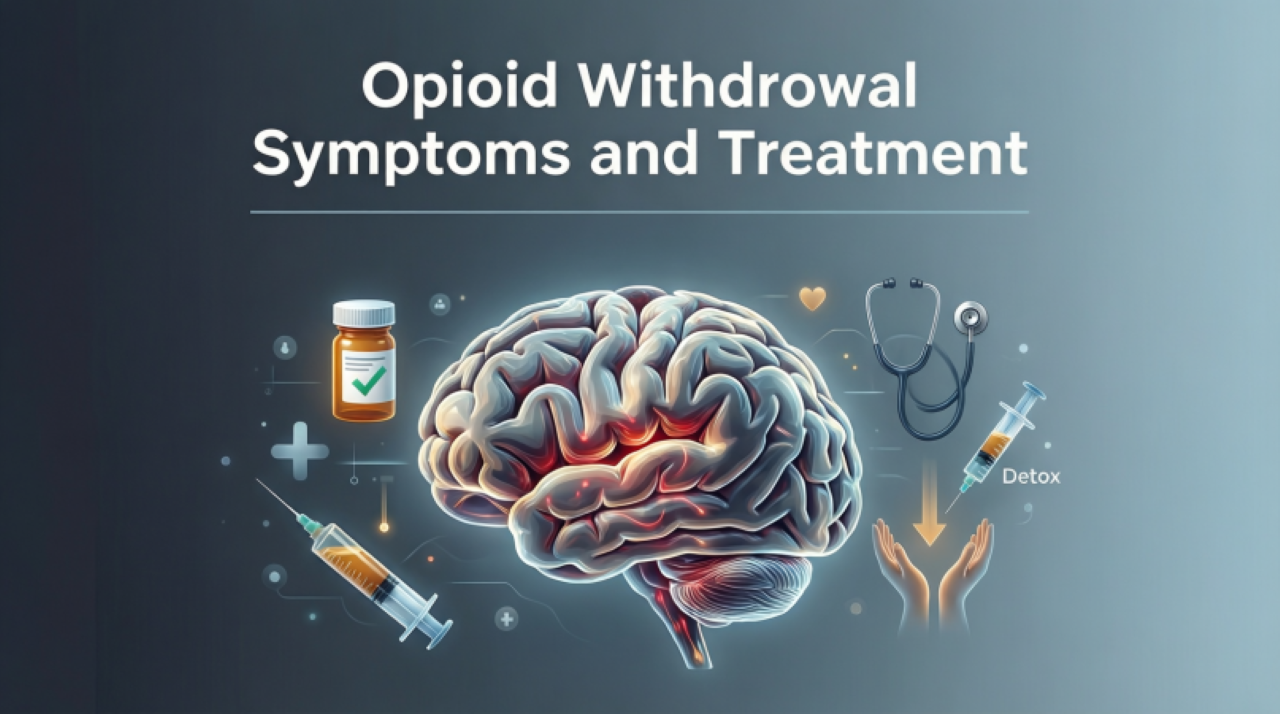Most people tend to wonder which other forms of treatment there exist other than the normal inpatient or outpatient services in case of mental illness or addiction. One of the most effective programs that can assist those who need organized, intensive help but do not require complete hospitalization is a Partial Hospitalization Program (PHP). But what is it which takes place in the operation of a partial hospitalization program and how is it helpful to people to get back on their feet?
This blog will cover all you need to know about partial hospitalization programs, such as what these programs are, the therapies, program requirement and what to expect during the treatment.
What is a Partial Hospitalization Program?
A Partial Hospitalization Program (PHP) is a preplanned type of care where patients are given a high level of mental health and addiction care throughout the day, and sent home in the evenings.
In contrast to inpatient programs, where patients usually spend the night, the PHPs are intended to be consumed by those patients who require assistance that is greater than that of outpatient treatment yet do not need the 24-hour care.
A typical adult partial hospitalization program operates 5 or 6 days per week with 4 or 6 hours per day. The programs are also suited to people with moderate to severe symptoms requiring an organized setting to stabilize their mental health without losing their daily obligations.
Therapies Used in Partial Hospitalization Programs
The PHPs use extensive evidence-based therapeutic approaches, which are customized to the individual needs of the persons. It is aimed at delivering comprehensive care that will treat symptoms as well as the underlying causes of mental health or addiction problems. Those therapies that are common comprise:
- Individual Therapy– One on one meetings with a therapist to discuss personal issues and establish coping mechanisms.
- Group Therapy– Peer support and experience- This helps a person realize they are not the only one.
- Family Therapy– This is an approach that engages the families of the affected individuals in the recovery exercise to enhance communication and a sense of trust.
- Cognitive Behavioral Therapy (CBT) – Helps individuals identify and change negative thinking patterns.
- Dialectical Behavior Therapy (DBT) – Imparts the skills of emotional regulation, mindfulness, and distress tolerance.
- Medication Administration– PHPs offer medical follow-ups and prescription refills to persons that use psychiatric medications.
- Life Skills Training – Focuses on stress management, healthy routines, and relapse prevention strategies.
These treatment methods are mutually reinforcing to ensure a long-term healing process and provision of skills to live.
Partial Hospitalization Program Requirements
In order to get to a partial hospitalization program in mental health or addiction, they are generally examined by a licensed professional. Requirements often include:
- A mental health or addiction diagnosis that is to be treated structurally.
- The ability to live safely at home without having 24/7 supervision.
- Adherence to the daily sessions and to the active involvement in therapy.
- Medical stability – no need for constant inpatient monitoring.
PHPs are particularly beneficial in the case of individuals who have switched inpatient care and have not yet reached the level of a high level of care.
What to Expect During a Partial Hospitalization Program
The question many people pose is; What happens in a partial hospitalization program? Every facility might be unique, but most programs are structured on a daily program.
Here’s what you can expect:
- Morning Check-In -Patients come to the treatment center and discuss the day objectives.
- Therapy Sessions – There are individual, group and family therapies that are given over the day.
- Skill-Building Workshops – Attention to emotional regulation, coping skills and relapse prevention.
- Medication Management – In case of necessity, patients have meetings with medical personnel where they are assessed and accordingly adjusted based on their needs.
- Breaks and meals – short breaks and lunch are available, which gives a balance between rest and therapy.
- Afternoon Wrap-Up – Evaluate progress, establish goals in the evening and prepare to go home.
In contrast to inpatient care, patients can go back to their homes every evening, which enables them to exercise the gained skills in real-life situations and at the same time receive professional support on a daily basis.

Seek Help Today
In case of mental health or addiction issues, or when you or your loved one are in need of a partial hospitalization program, a structured care that can help you begin healing may be available through the partial hospitalization program.
We offer evidence-based PHP treatment in a caring way, which is the alternative between the inpatient and outpatient care at Florida Atlantic Coast Treatment Solutions. Our programs are designed to address the unique needs of each individual to assist people regain balance, develop resilience and progress toward recovery.
Call us now at (844) 643-2287 and find out more about our programs and begin the healing process.


